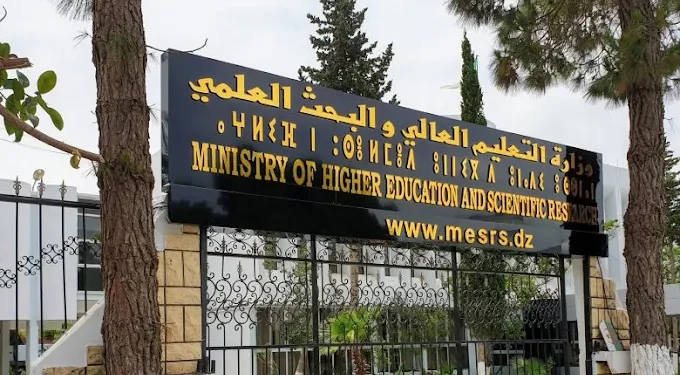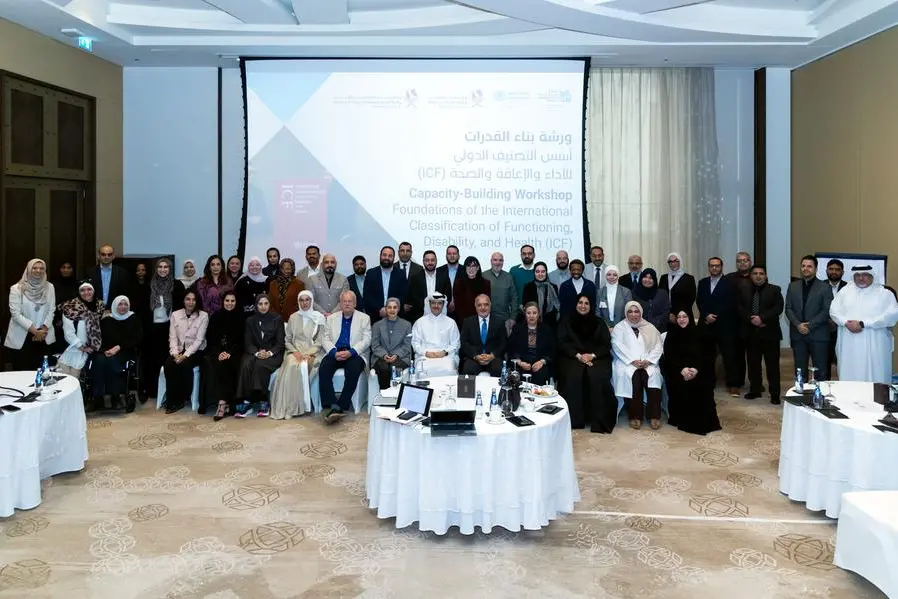In a significant move to bolster their digital economies, Mauritania and Tunisia have launched a new digital partnership aimed at creating a collaborative bridge between their respective entrepreneurship ecosystems. The initiative seeks to foster innovation and exchange expertise amidst a landscape of major regional opportunities and complex challenges related to funding, infrastructure, and human capital.
A Strategic Push for Regional Integration
The partnership reflects a shared political and economic vision to empower young innovators and develop joint technology projects with value extending beyond their domestic markets to the wider Maghreb and African regions. According to Mauritania’s Ministry of Digital Transformation, Innovation and Modernization of the Administration, the initiative will enhance bilateral cooperation in digital governance, cybersecurity, and the development of tech solutions tailored for regional markets.
Khaled Abidine Sidi, Secretary-General of the ministry, stated that the collaboration “embodies the depth of the fraternal and strategic relations that unite Mauritania and Tunisia,” translating a “shared will to build a prosperous future based on knowledge and innovation.” Similarly, Ayman Al-Zawaghi, Chargé d’Affaires at the Tunisian Embassy in Nouakchott, highlighted that the digital transformation is now a “key driver of development” and offers new opportunities to strengthen Maghreb cooperation.
Pillars of the Partnership
The collaboration is built on several key pillars designed to create tangible outcomes for both nations. A primary focus is on enhancing institutional exchange in digital governance and cybersecurity by opening direct channels between ministries, government bodies, and private sector entities.
The partnership also aims to facilitate investment between the private sectors of Mauritania and Tunisia. This will encourage the co-development of innovative technology solutions that can serve not only local needs but also the broader Maghreb and African markets, positioning the two countries as a potential hub for regional digital products and services.
Bridging the Talent and Investment Gap
A crucial component of the initiative is its focus on human capital. The partnership plans to support young talent through joint training programs in advanced digital specializations. This effort is designed to build a skilled workforce capable of leading the digital transformation across the region and meeting the evolving demands of the tech industry.
By fostering a more interconnected ecosystem, the initiative seeks to create a more attractive environment for both local and international investors, providing startups with greater access to capital and market opportunities.
Navigating Challenges And Seizing Opportunities
While the partnership holds great promise, both countries must navigate several challenges to ensure its success. These include harmonizing policies on digital legislation, e-governance, and data protection, as well as ensuring robust participation from the private sector, particularly startups that bridge academic innovation and commercial application.
However, the opportunities are substantial. Tunisia brings a wealth of accumulated experience in the technology sector, while Mauritania is rapidly modernizing its digital infrastructure. By combining their strengths, they can develop homegrown digital products and services that could form the nucleus of an integrated Maghreb digital market, fostering regional technological independence and strengthening South-South cooperation.
About the Mauritanian-Tunisian Digital Partnership
The Mauritanian-Tunisian Digital Partnership is a strategic government-led initiative aimed at strengthening the technology and entrepreneurship ecosystems of both countries. Launched through the Mauritanian-Tunisian Forum for Technology and Innovation, its primary goals include fostering cooperation in digital governance and cybersecurity, supporting startups, facilitating cross-border investment, and developing a skilled digital workforce to serve the Maghreb and African markets.
Source: Al-Quds Al-Arabi














